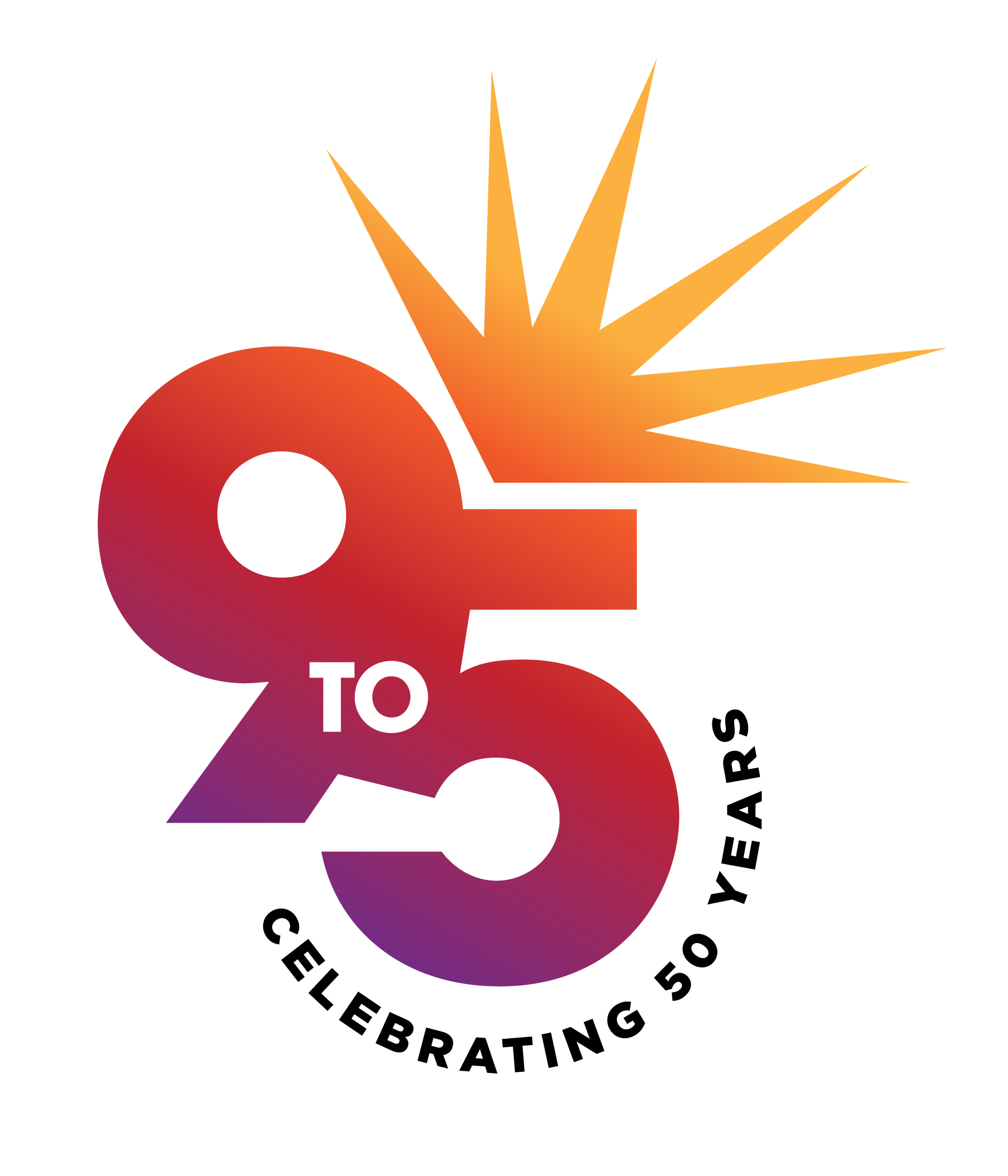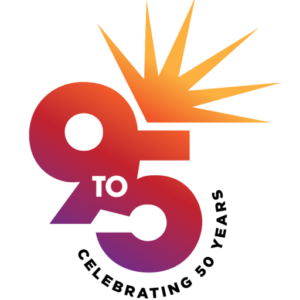Linda Meric
9to5 National Executive Director
Reprinted from the Huffington Post
Low wages, unequal pay, lack of access to paid leave and affordable child care, unpredictable and inflexible schedules, workplace discrimination and harassment — these issues and more face all low-wage and low-income women in the workforce. Lesbian, gay, bisexual and transgender (LGBT) women are among those most at risk of economic insecurity, according to a new report released on Thursday, Paying an Unfair Price: The Financial Penalty for LGBT Women in America.
The report, co-authored by the Movement Advancement Project and the Center for American Progress with support from a broad coalition of research and advocacy organizations including 9to5, brings to light the vast discrepancies in pay and access for LGBT women.
Women like Deb Brady who lost her job as an Asphalt Plant Manager in 2008. At the time, she was presenting as a man at work but starting the process of living as a woman during her personal time.
“I can’t be sure I was laid off because I’m transgender. The whole construction market crashed then, but I can tell you 17 years worth of contacts in the field dried up and I couldn’t even get a job bagging groceries,” says Deb. It didn’t take long for Deb’s unemployment to run out and her home to go into foreclosure. She was homeless for three years, forced to present as a man at times to have a place to sleep at night. “I was penniless and homeless,” she says.
Deb now lives below the poverty line, trying to make ends meet with a housing voucher and a minimal monthly income through social security, disability and a small pension.
Unfortunately, Deb’s situation is not an anomaly. The report found that LGBT women are more likely to live in poverty. Almost 30 percent of bisexual women and 23 percent of lesbian women live in poverty compared to 21 percent of heterosexual women. Only one in three LGBT women say they are thriving financially compared to nearly 40 percent of non-LGBT women. Transgender women like Deb are four times as likely to have year incomes of $10,000 or less compared to the general population.
And those who can least afford it are the most vulnerable, including LGBT women of color, older LGBT women and LGBT women raising children. African American and Latina women in same-sex couples are three and two times more likely, respectively, to be poor than white women in same-sex couples. Older women (ages 65 and above) in same-sex couples have nearly twice the poverty rate of older married opposite-sex couples. 15 percent of female same-sex couples raising children are in poverty, compared to 9 percent of married opposite-sex couples with children.
Discriminatory laws and inequitable and outdated policies result in lower pay, lack of access to basic labor standards like paid family leave, unaffordable health care and frequent harassment, discrimination and violence. Ineke Mushovic, Executive Director of the Movement Advancement Project, says, “LGBT women face added challenges not solely because of their gender, but also because of who they are and whom they love. Discrimination and stigma, combined with the struggles faced by all women, make LGBT women and their families especially vulnerable.”
Change is needed to improve economic security and equal opportunity for all women — including LGBT women. Laws prohibiting discrimination against women need to be strengthened and expanded to include LGBT people. Laws providing access to health care, child care and safety net programs need to define family to include LGBT families. And laws that will improve the workplace for all women — paid sick days, family and medical leave insurance, pay equity, scheduling fairness and others — need to be inclusive of LGBT women and families, and passed at the local, state and national levels now.

